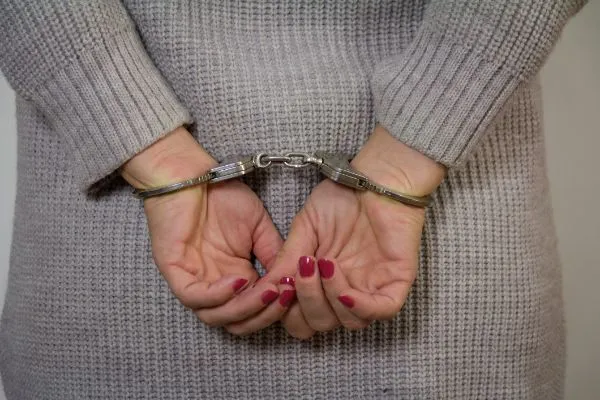80% of Women Behind Bars in Iowa Have a Mental Illness

An investigation by television station KCCI in Des Moines found that most inmates in Iowa prisons have a mental illness. In the Iowa Correctional Institute for Women, 80% of the inmates have a mental illness.
Mental Illness
The most commonly diagnosed mental illnesses among inmates include bipolar disorder, anxiety disorder, post-traumatic stress disorder, and substance abuse. Many of these women suffer from paranoia or hear voices in their heads. They believe that someone is going to harm them, and they believe everyone around them is their enemy. This is a difficult way to live, especially in prison.
According to the director of the Iowa Department of Corrections, some inmates aren’t aware of their illness until they are screened by staff in prison. Many of the women have a history of violence and trauma that has never been properly addressed. These women have never had the treatment and assistance they needed to deal with their trauma. Some have turned to substance abuse as a form of self-medication. At the Iowa Correctional Institute for Women, meth addiction, violence, and trauma are the major contributing factors to mental illness.
Treatment
Many women with mental illness in prison continue to be denied the necessary treatment as prisons are often not adequately equipped to handle mental illness. Some individuals go to the mental health wing of the prison, while more serious cases are treated in the acute wing. While treatment is available, it does not always go far enough.
Inmates with mental illness at the Iowa Correctional Institute for Women see a psychologist weekly in an effort to help them reenter society in a better condition than when they left it. Mentally ill offenders are still more than twice as likely to be arrested again and return to prison. These individuals are clearly not in a better position and require assistance and support outside of prison as well.
If you or a loved one has a mental disability and has been arrested or convicted of a crime, you need an experienced criminal defense attorney on your side. Elizabeth Kelley specializes in representing individuals with mental disabilities. To schedule a consultation call (509) 991-7058.


